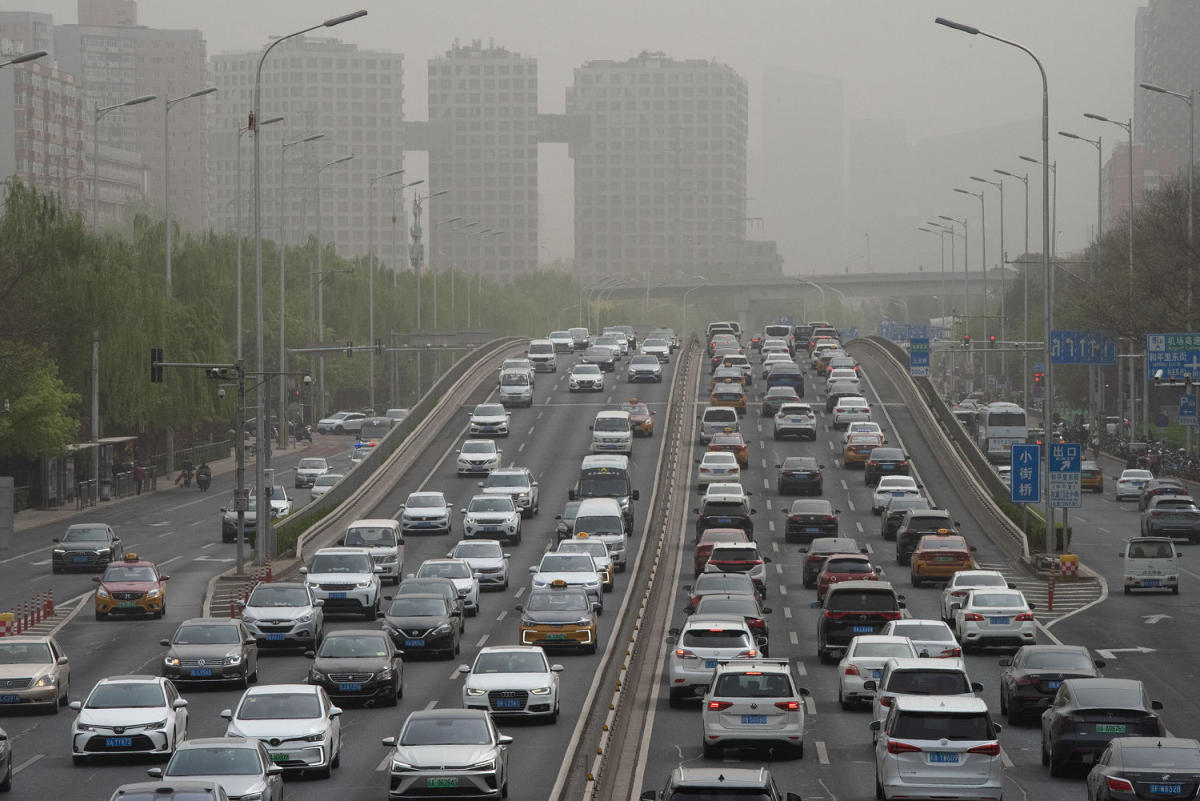A study published in the Annals of Internal Medicine reveals that traffic exhaust can have an immediate, sharp impact on people’s blood pressure levels. The research found that the pollution from roadway traffic led to near-immediate changes in the participants’ physiology, suggesting a connection to medical conditions such as heart attacks and strokes.
Conducted on busy roadways in Seattle, the study is the first of its kind to measure both pollution levels and their effect on blood pressure in real time, from inside a vehicle as it travels. “We were surprised by the magnitude of the blood pressure changes, given the small levels of pollution we measured,” noted Dr. Joel Kaufman, one of the study’s authors.
While the sample size for the study was small, the findings highlight a growing concern about the health risks associated with pollution on U.S. roadways, specifically from tailpipe emissions and tire wear. According to Doug Brugge, a public health sciences professor at the University of Connecticut, more attention should be given to the health risks associated with driving in heavy traffic.
To assess the impact of traffic pollution, participants were sent on two-hour trips along Seattle’s roadways, equipped with monitored air filters and pollution control devices. The study found that blood pressure levels rose significantly when the vehicle’s air filters were not operating properly.
In combination with previous research showing links between traffic and heart attacks, the new study highlights the hazardous effects of air pollution near roadways. The article suggests that phasing out fossil fuels could prevent a significant percentage of the millions of deaths attributed to air pollution worldwide. Brugge emphasizes that new research in this area is necessary and brings additional health concerns to light.
Overall, the study adds to the evidence indicating that air pollution from traffic is a significant public health concern and that more attention must be given to the risks associated with commuting in heavy traffic.
Reference: NBCNews.com


